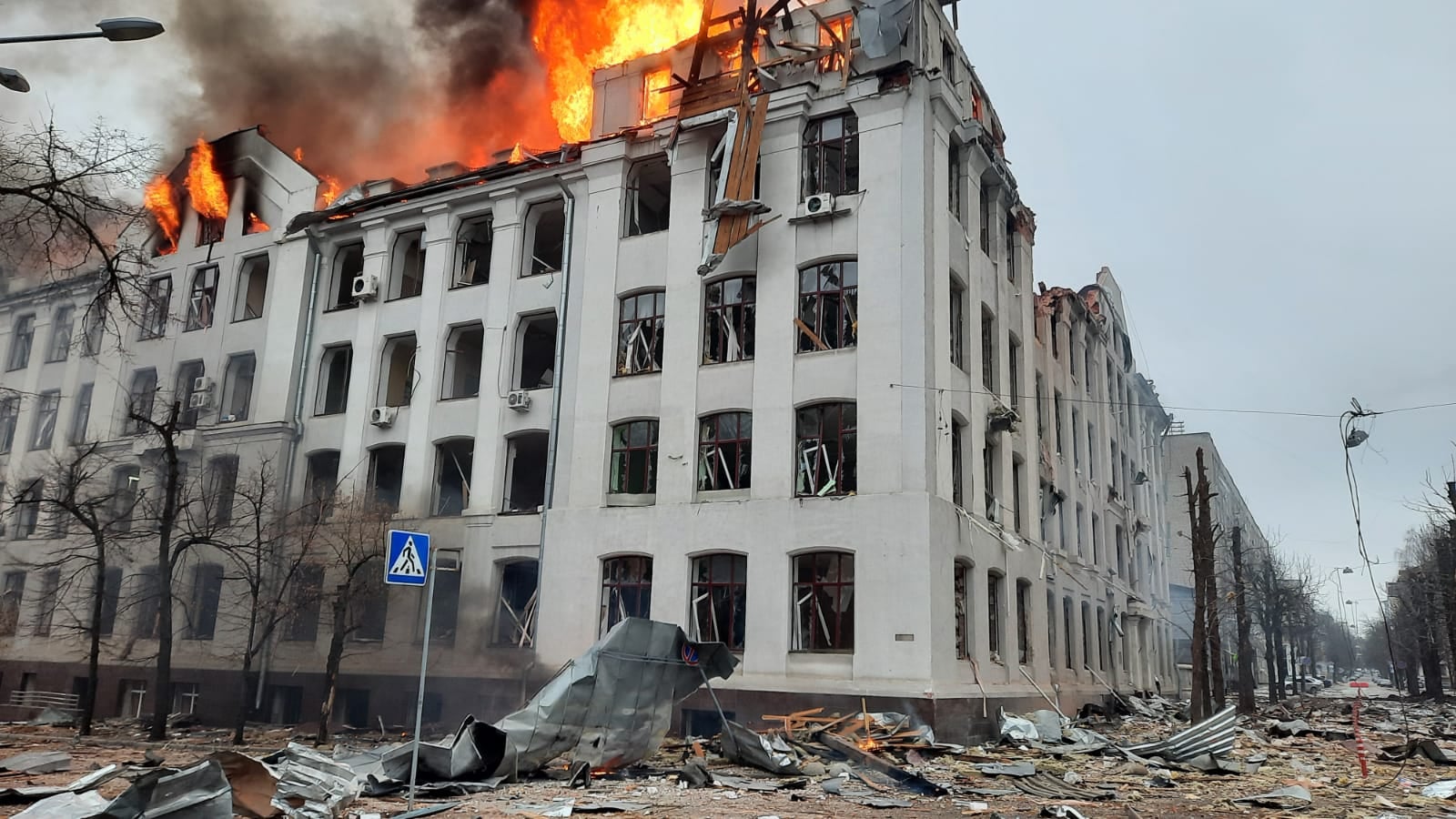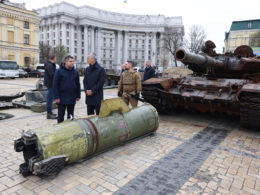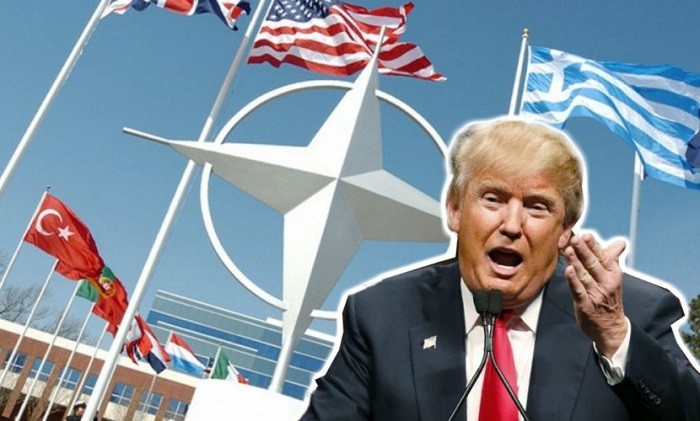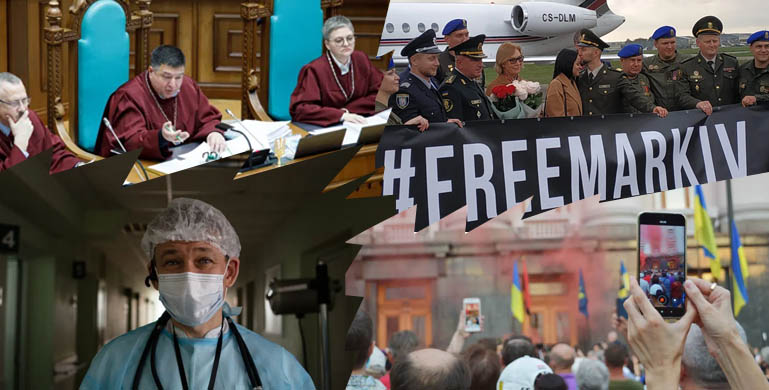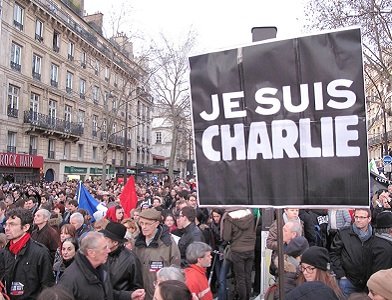Commenting on the Ukrainian call for a NATO No-Fly Zone over Ukraine on 4 March, member states stressed that “NATO is not part of the conflict” and the alliance wants to “avoid triggering an international conflict.” But are these statements actually true?
Five months before the Russian invasion of Ukraine, the European Parliament assessed Russia to be a long-term threat to European security.
- large-scale military exercises and military build-ups;
- the illegal and violent occupation and annexation of Crimea;
- the violation of the territorial integrity and the destabilization of Ukraine, Georgia and the Republic of Moldova;
- support for frozen conflicts and its failure to respect ceasefire agreements in Georgia and Ukraine;
- alleged acts of terrorism on the territory of the EU Member States such as Czechia;
- cyberattacks and attacks on sensitive infrastructure in the EU Member States;
- violations of international law;
- election interference;
- and violations of the sea and air space of countries in the Baltic Sea and in the Black Sea regions.”
The European Parliament further stressed that Russia is implementing strategies of hybrid warfare against the EU and its Member States while underlining
“that these acts are of a particularly destabilizing and dangerous nature as they blur the lines between war and peace, destabilize democracies and sow doubt in the minds of target populations.”
On 16 December 2021, the Russian Federation handed over demands to both the USA and the NATO member states that NATO halt any further enlargement, bar Ukraine from ever joining, and pull back forces and weaponry from eastern European countries that joined the alliance after the Cold War ended.
The current Russian 2014 Military Doctrine characterizes NATO activity as an external danger to Russia. This threat perspective was further stressed during the two months leading up to its unprovoked and unjustified attack on Ukraine. The current sanctions and measures imposed on Russia are seen as unfriendly acts.
In light of both longtime trends and the present-day security situation, the next revision of the Military Doctrine will most likely designate the United States and NATO as threats to Russia.
The eight-year-long Russian hybrid war in Ukraine leading up to the full-scale war was exactly the kind of scenario that falls under the NATO strategic concept commitment under crisis management.
According to the concept,
“NATO will actively employ an appropriate mix of […] political and military tools to help manage developing crises that have the potential to affect Alliance security, before they escalate into conflicts; to stop ongoing conflicts where they affect Alliance security […].”
The hybrid war strategy Russia has been employing against Ukraine is identical to the one it is has been using against the EU in the same period. NATO sees Russia’s unprovoked attack on Ukraine and disregard for international law pose a serious threat to Euro-Atlantic security that will have geostrategic consequences.
The present security situation is defined by the following realities:
- The EU has been subject to a Russian hybrid war with the aim to destabilize it from within for years already.
- NATO has been told to withdraw its forces and weapons from parts of its area of responsibility.
- The alliance has been designated as an existential threat.
- It has been threatened with WW3 and the use of nuclear weapons.
- A full-scale war in Europe has been triggered by the absurd idea that Ukraine as a NATO member is just that, an existential threat to Russia.
- Additionally, by introducing comprehensive and far-reaching measures to stop Russia’s war in Ukraine, the Alliance is (from a Russian perspective) already engaged in economical or political warfare against Russia.
I have previously argued that while the Russian security concerns are based on a lie, its treats are real.
“Threat of democracy.” The real security concerns behind Russia’s lies about NATO
I would argue that NATO already is a part of the conflict, not by its choice but as a result of Russia’s aggressive foreign policy.
The Alliance cannot avoid being engaged in an international conflict that is all about NATO.
Russia has never declared war on Ukraine. Or on NATO. Or on the EU. But its actions against all of them have until February 24 been more or less the same.
The Alliance needs to reconsider its decision on the no-fly zone over Ukraine. Ukraine urgently needs a NATO-enforced no-fly zone.




